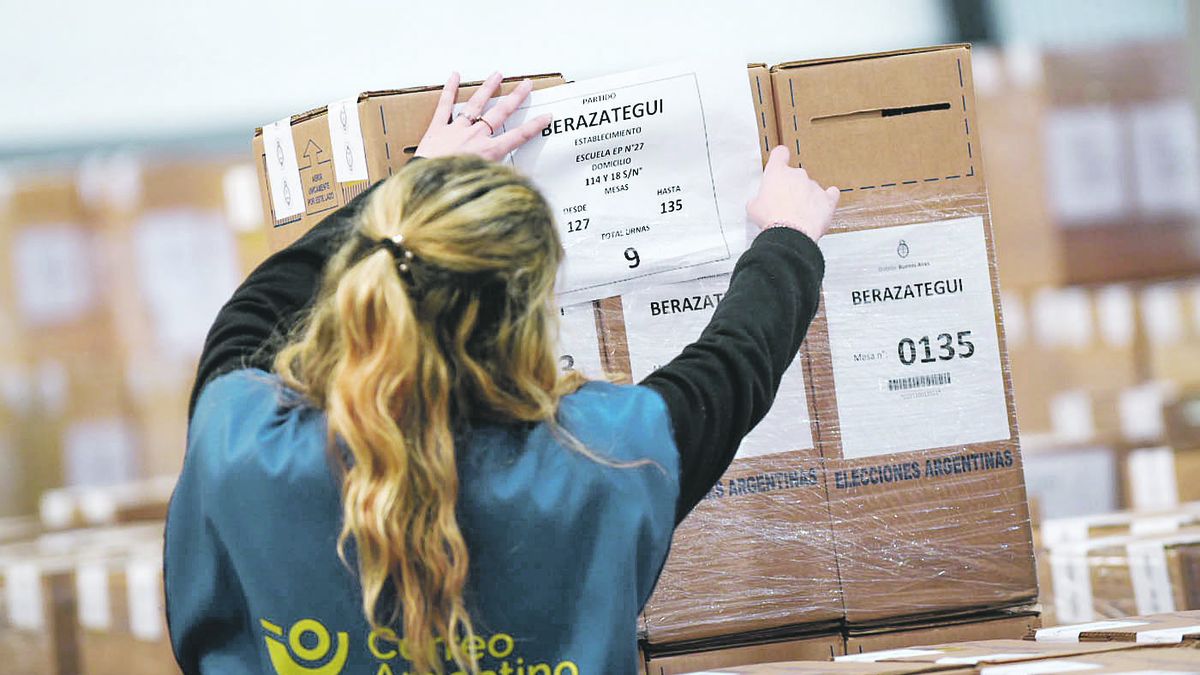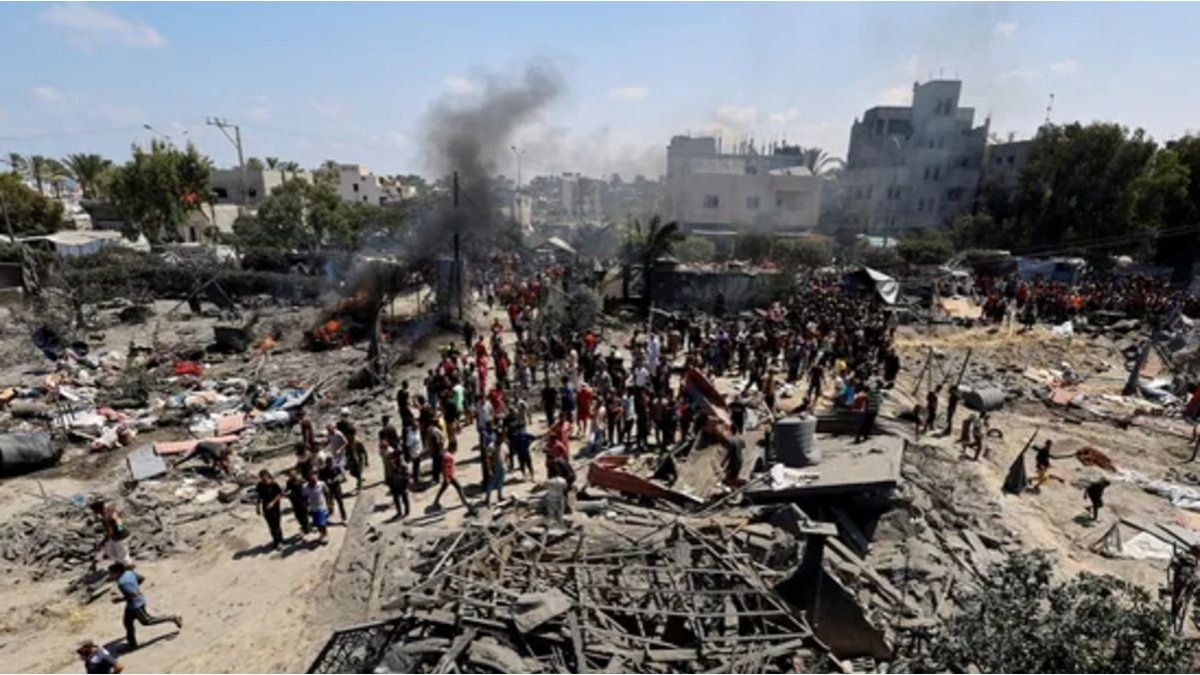The political and economic situation of Argentina and the provinces of the NEA was the central axis of the talk “What did 2024 leave us?”with presentations given by political communication consultants from Chaco, Corrientes, Misiones, Formosa and Buenos Aires. The meeting was organized by Julio Gómez, Bienteveo Comunicación and Tres Discursos.
On the occasion, the renowned consultant and president of the IAP, Carlos Faraoffered a detailed and critical vision of the first year of Javier Milei’s government and the challenges he faces in the face of the 2025 elections. He highlighted that, despite the complications inherent to any administration, Milei’s government managed to avoid the most catastrophic scenarios in the agroeconomic and political sphere. According to Fara, Milei has a certain patience on the part of society, a result of frustration with previous governments.
The analyst considered that the government showed a pragmatic capacity to learn and adapt, which allowed it to uphold presidential vetoes and negotiate with opposition sectors. These economic goals generated greater credit and patience in society, which allowed the government to enter its second year in a better position.
A fragmented opposition
Fara noted that the opposition is fragmented, with Together for Change facing serious problems articulating a clear strategy. The lack of a concrete and unified alternative led to Milei maintaining an advantage, although the sustainability of the government remains a topic of debate.
The consultant emphasized that the expectation generated by the government in recent months was key to maintaining political support. However, he warned that this accession is pragmatic and depends on economic results. 2People are looking for solutions to the crisis, reduction of inflation and recovery of salaries, rather than an ideological affiliation to the libertarian model,” he said.
Fara downplayed the relevance of cultural battles compared to economic issues. According to the analyst, the majority of public opinion is more concerned about the economy than about debates about gender, climate change or minority rights. If the government faces economic problems in 2025, it could pay a high price, since society’s trust is based on concrete results.
Formosa and Misiones
The talk began with consultant Julio Gómezwho made an analysis of the political context of Formosa under the leadership of Governor Gildo Insfrán since 1995. He explained that the political scene is dominated by the Justicialista Party (PJ), with extensive control of the Executive and Legislative. On the other side is a divided opposition, struggling to consolidate itself. He maintained that the criticism focuses on the lack of transparency and media control.
In this context, the provincial government is promoting a constitutional reform in the midst of litigation in the Supreme Court for indefinite reelection, with a ruling in favor of alternation. Given this situation, Gómez affirmed that there is uncertainty about the 2025 elections, to vote for conventional constituents and national and provincial deputies. Meanwhile, it has already been decided that on April 13 the elections will be held in the city of Clorinda to elect the new mayor.
For his part, the statements and journalist Raul Puente He said that in Misiones the Frente Renovador de la Concordia (FR) was formed from the political split of the two traditional parties: the PJ and the UCR. With the contribution of other smaller parties, this front was consolidated as a political space since then. In 21 years, he maintained power, political centrality and conquered numerous municipalities. Currently, only two of the 78 municipalities belong to other political spaces.
Changes in Chaco and Corrientes
In turn, the communicator and consultant Anyelén Magua Suárez spoke about government communication in Chaco during the first year of the administration of Leandro Zdero. He recalled that Zdero became governor after a very polarized election, where he defeated Jorge Capitanich. According to Magua Suárez, a context “of high political polarization and a complex legacy was identified, marked by highly visible public policies, but with some questions about their effectiveness.”
He observed that, in this first year of government, a communication strategy was needed to counteract polarization and manage citizen expectations. He pointed out that there are weaknesses in crisis management and inequity in the relationship with the media. He also warned about the “need to improve coherence between messages and results, to achieve credibility and consensus, as well as the execution deadlines of the main public policies to which the government referred during the campaign.”
The communicator and consultant Alfredo Mattos presented the political panorama in Currents prior to the 2025 elections and focused on the dynamics of power and communication between different actors. He observed that the electorate has its gaze on key political figures such as the governor Gustavo Valdés, who has just established himself as head of the local UCR. The province will elect a governor in 2025.
In summary, in 2025 the National Congress and the Chambers of Representatives of the provinces will be renewed. Faced with this scenario, there is great expectation about how Libertad Avanza and the provincial parties will fare. Also, if they will generate new alliances to achieve the legislative majority. At the same time, citizens are eagerly waiting for the economic situation to improve.
Source: Ambito
David William is a talented author who has made a name for himself in the world of writing. He is a professional author who writes on a wide range of topics, from general interest to opinion news. David is currently working as a writer at 24 hours worlds where he brings his unique perspective and in-depth research to his articles, making them both informative and engaging.




